On October 21st, 1973 during the Yom Kippur War, Henry Kissinger flew to Moscow. I remember his arrival there very well because I was with the US embassy's Charge d'Affaires Adolph Dubs in his office in Moscow when Kissinger went directly to the Kremlin. Dubs was not invited or briefed. (Dubs later became US Ambassador to Afghanistan where in 1979 he was kidnapped and murdered.) Kissinger's mission was to speak to the Soviets before they made any military moves in support of Egypt. Washington was alarmed that the Russians might use nuclear weapons against Israel's forces in the Sinai.
A few days later I arrived on a Soviet commercial flight to Kiev. Along with the other passengers, I got off the plane, which was parked some distance from the terminal, and the airport authorities ordered us to wait on the tarmac. The Russians put on a military display for us to see, showing that the Soviet Union was getting prepared for military intervention. I immediately reported that to the American consulate in Kiev.
By October 24th Egypt's Third Army was surrounded by Israel on the western side of the Suez Canal, about 100km from Cairo.
I learned this by listening on my pocket shortwave radio to the VOA. While western broadcasts were jammed, Soviet jamming was not all that good at the time.
On October 25, US forces, including Strategic Air Command, Continental Air Defense Command, European Command and the Sixth Fleet, were placed at DEFCON 3.
Kissinger would go on to carry out "shuttle diplomacy" between January and May, 1974 ending the conflict.
Will the big powers get involved in any serious way in the Gaza war? Both Secretary of State Anthony Blinken and Secretary of Defense Lloyd Austin have already been to Israel, and Blinken has again returned to Jerusalem. President Biden is expected to arrive in Israel this week, a critical development since no American president has even come to Israel during previous wars and conflicts. The Russians are already asking for a cease fire, as are the Chinese. Meanwhile the US has positioned an aircraft carrier task force (the USS Ford) in the eastern Mediterranean and a second carrier task force (USS Eisenhower) is on the way. The US is also bolstering its airpower in the region, committing A-10 ground attack aircraft and F-15Es, although Washington is silent on where they will be based. The US has bases in Jordan, Iraq and Syria that would be effective if the US needs to intervene against Hezbollah in Lebanon. News reports allegedly from reliable sources say the US convinced Israel not to attack Hezbollah after Hezbollah launched some attacks on Israel, allegedly telling Israel that the US would defend Israel against Hezbollah.
The A-10 is the formidable ground attack aircraft that the US Air Force is sending to the bone-yard on the ground that it isn't useful anymore. Ironically, it is the perfect plane if the job is to clean out Hezbollah missile bases.
One significant problem is that Russia and the US are at loggerheads over Ukraine, and the US is not talking to Russia seriously about the Ukraine issue. The lack of engagement between both nuclear powers increases the difficulty of both big powers working to calm the Middle East situation before the war spreads. This is unfortunate especially for Russia, since Syria, where the Russians have naval and air bases, is a battleground if the war spreads. Already the Israelis have twice bombed the airport runways in Damascus and Aleppo to keep Iranian missiles for Hezbollah getting into Syria. Israel believes Iran is trying to supply long range precision missiles to be aimed at Israel's defense installations and key government offices.
Israel has made clear its intention to destroy Hamas in Gaza. It has yet to launch a ground operation in support of that goal, possibly because Israel first wants to try and save as many hostages as it can. (The number of hostages still alive controlled by Hamas is uncertain.) The US is backing Israel's operation on liquidating Hamas control over Gaza. How long the US will support Israel's operation isn't certain, although the US priority is for the release of at least 40 US citizens captured by Gaza. Iran says that if Israel stops bombing Gaza then the hostages will be released, but Hamas has not backed Iran's claim.
Meanwhile, the world waits to see how Israel handles the hostage problem and if it pursues the ground operation against Gaza.
Unlike 1973 there is no possibility of negotiations with Hamas by the big powers. Others, for example, Egypt, have tried to work out humanitarian corridors for Gazan non-combatants (although how you can differentiate combatants from non-combatants is a problem). The Iranians seem to want to reduce their profile, since ginning up a war could give Israel the excuse it needs to wipe out Iran's nuclear facilities and its long range missile sites. In Lebanon there is local pressure against Hezbollah going to war, since the end result would be the final collapse of the already tottering Lebanese state.
It is hard to predict if the war will spread or not. Russia can calm down the Iranians if it chooses to do so. The US can keep Israel focused on the Gaza problem, as it may already have done in regard to Hezbollah. We have to wait and see.




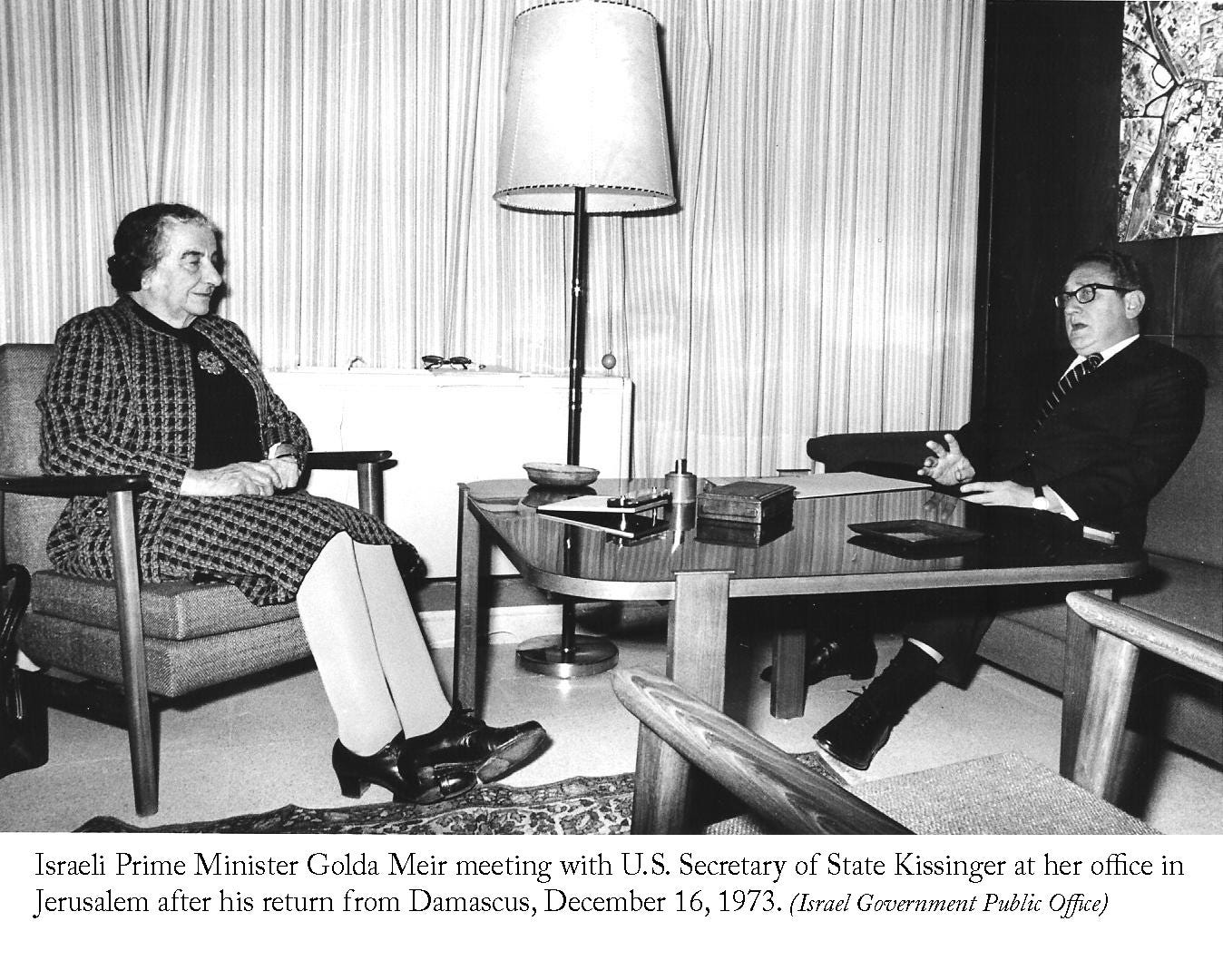
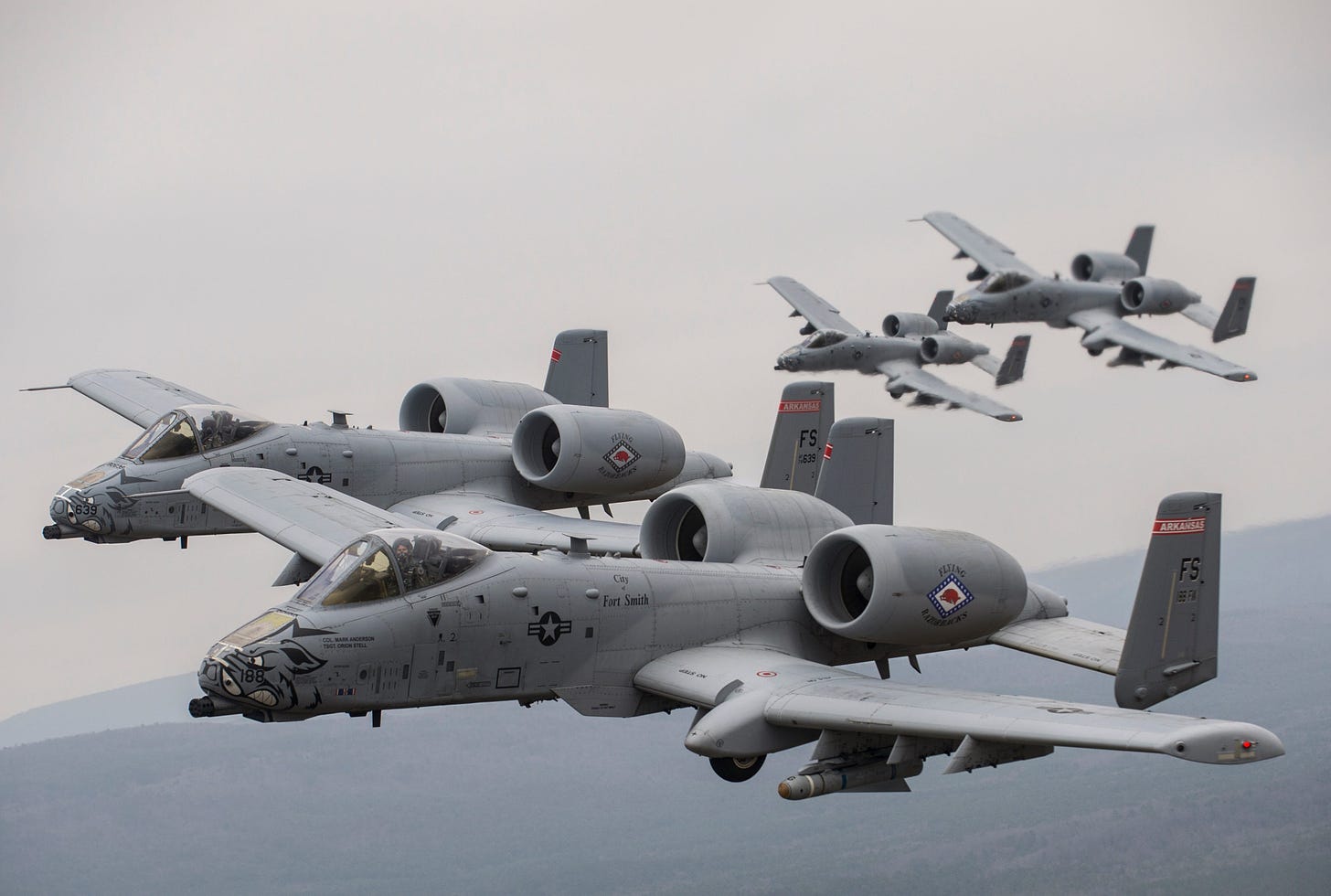





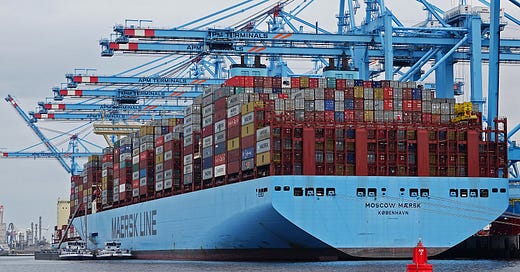

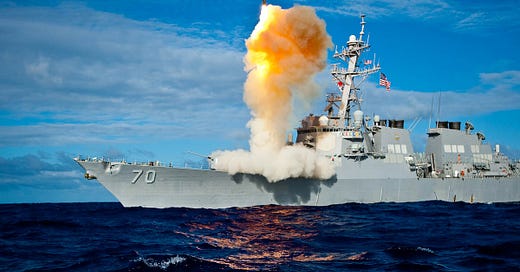

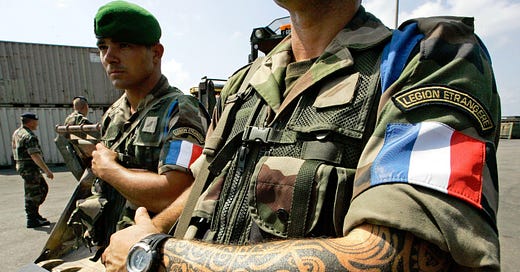

Steven, it’s a bit off the subject, do you see the western backlash against Hamas supporters really doing anything? I have heard that companies want to know WHO signed a Hamas support letter at Harvard, presumably to black list them. Now there is talk of deporting non-citizens that are in the US supporting Hamas. Do you see this amounting to anything or a new trend of retaliation against wrong-speak?
The Pentagon must have gamed this many times.
What's the name for a game where everyone loses?
Netanyahu?